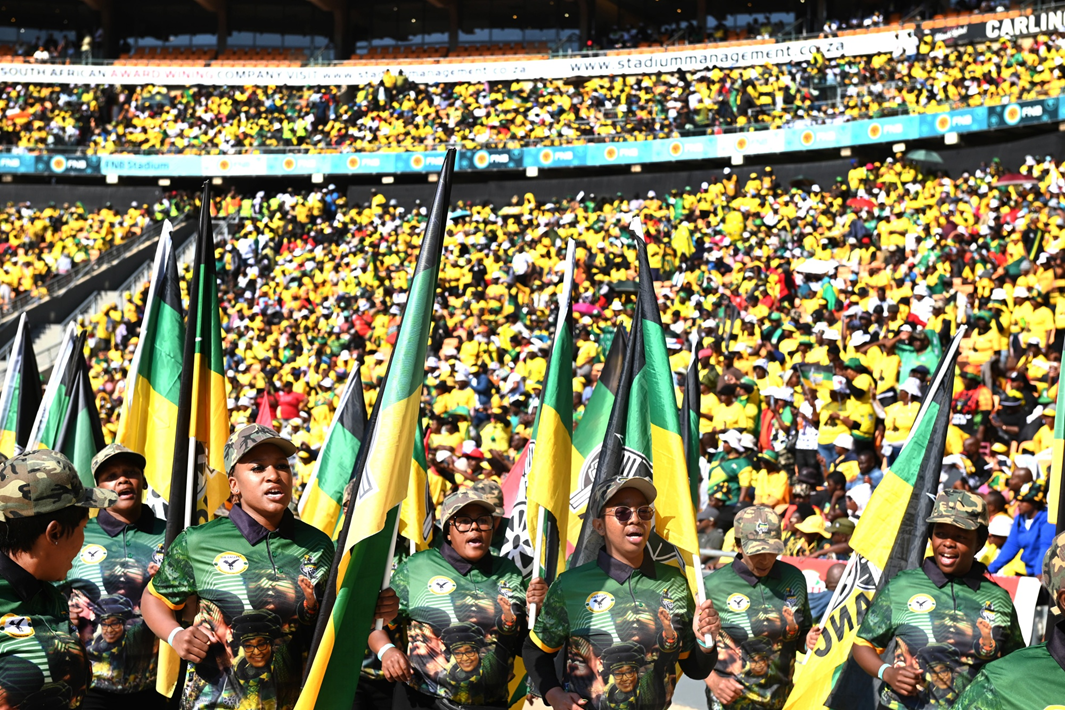By Paschal Norbert
PRETORIA, JUNE 4, 2024 (CISA) – The Catholic bishops of South Africa have declared the May 29 General elections free and fair and commended the electoral body, the Independent Electoral Commission (IEC), for ensuring a democratic exercise devoid of malpractices apart from negligible cases that did not compromise the vote.
“We thank God for this seventh democratic general election. It is a crucial event in which the people of South Africa have once again voiced their preferences on how they want to be served. As affirmed by esteemed bodies such as the Southern African Development Community (SADEC), the Human Sciences Research Council (HSRC), and a host of other observers, this election has been overwhelmingly free and fair. While minor issues have been noted, these have not compromised the overall integrity of the polls,” said the bishops in a statement dated June 3 and signed by Bishop Sithemebele Sipuka, the president of the Southern African Catholic Bishops’ Conference (SACBC).
“Congratulations to the Independent Electoral Commission (IEC) for yet again demonstrating professionalism and efficiency in facilitating elections in our country. We also thank the political parties for their vigilance in noting some concerns during the voting process and the IEC’s willingness to address these objections as provided by the Act governing the IEC., “ they said, adding “We especially call on all parties to avoid utterances and behaviour that could lead to acts of violence, destruction, and loss of life. This includes making threats, inciting violence, or spreading false information that could escalate tensions.”
The General elections in South Africa were held on May 29, 2024, to elect new members of the National Assembly and the provincial legislature in each of the nine provinces in the country. This was the seventh election in the country since the end of the apartheid era in 1994.
South Africa is a multiparty parliamentary democracy, meaning- South Africans vote for parties in elections to decide how many seats they get in Parliament. After which, parliamentarians then elect the president.
With no party having a clear majority in this election, party leaders are racing to hold negotiations in order to form a coalition with the majority of lawmakers to form the next government.
Aware of this reality and the politics of interests and ideologies that will surround these coalition talks, the bishops are appealing to the politicians to put their ideologies aside and work for the common good of the people.
“More importantly, politicians must focus on what needs to be done to serve the people who elected them and choose people for positions and roles according to their capacity and passion to carry out those tasks,” urged the prelates.
In this election, the African National Congress (ANC) remained the largest party in parliament but lost the majority that it has held since 1994. The centrist Democratic Alliance (DA) came second with 87 seats. Former President Jacob Zuma’s party, uMkhonto weSizwe (MK) party came third with 58 seats and the Economic Freedom Fighters (EFF) party came in at fourth place.
